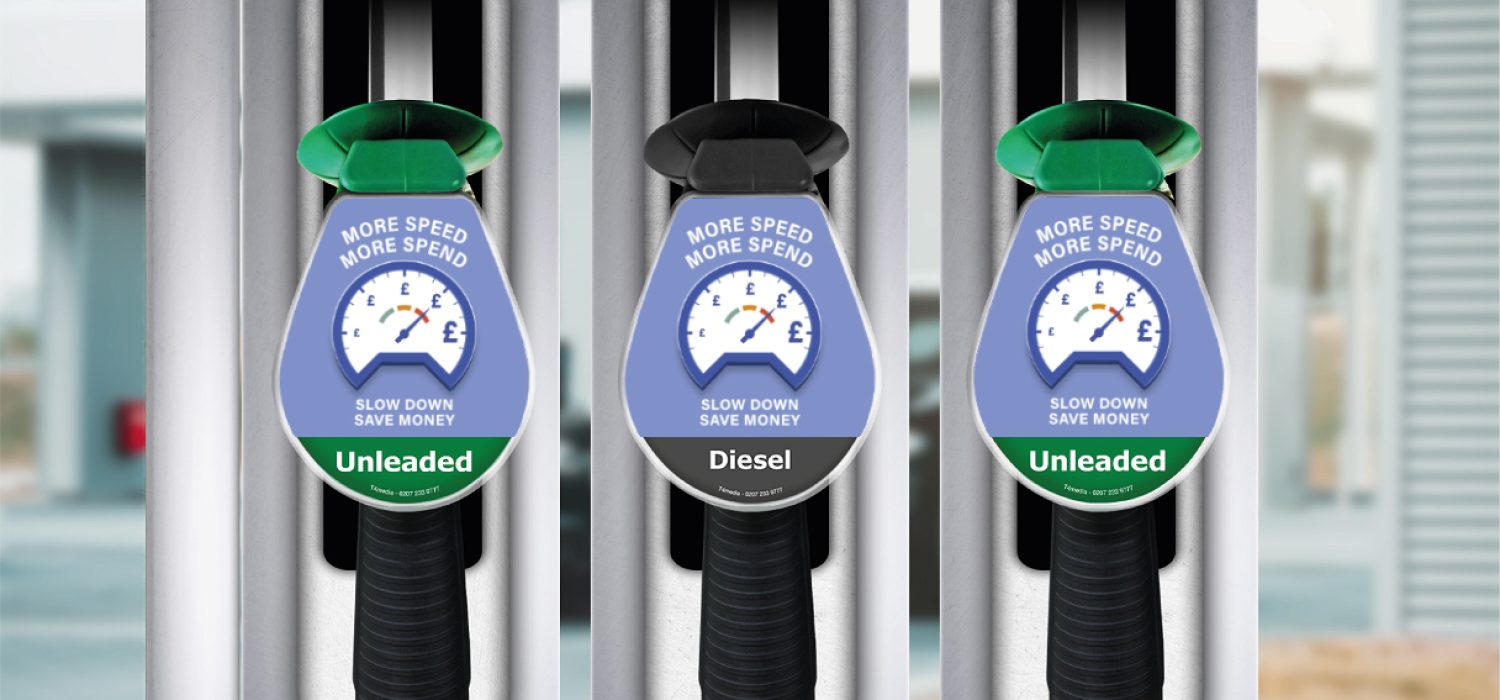Slow down, save money and be a better driver

Warwickshire Road Safety Partnership is raising awareness of how drivers and their families can save money and be better drivers at the same time.
The cost of filling up your car with petrol or diesel or charging it has increased significantly in recent years as the cost of living pressures continues to bite. But there is something you can do to reduce your motoring costs and give yourself more money to spend elsewhere.
One of the easiest ways to save money is to slow down and not speed because more speed = more spend on fuel.
This simple change could make a significant difference to your motoring costs. It also means you need to fill up less often so saves time too.
RAC research among 2000 drivers in March 2022, found that 70% said they are ‘very concerned’ about how high pump prices are’. Despite fuel prices easing slightly in recent months, a litre of fuel still costs around 30p more than it did in 2020.
Driving at an appropriate speed for the conditions within the speed limit could save you money. Driving at 70mph will use up to 9% more fuel than at 60mph and up to 15% more fuel than driving at 50mph. Taking it up to 80mph can use up to 25% more fuel than at 70mph according to the AA.
Slowing down also brings benefits to the environment. National Highways research has found that slowing down just 10mph to 60mph from 70mph on our motorways reduces emissions, improves local air quality and has a positive impact on the environment.
There are also benefits to other road users and for road safety because good drivers drive safely and within the speed limit. This means they have plenty of time to see and react to what’s going on around them, and they have more time to take evasive action when necessary to avoid a potential collision.
There are other ways you can save money too. For example, you may want to consider driving less often and walking or cycling instead. Swapping the car for walking or cycling even just for one day a week can have a significant impact.
These tips (from the RAC and First Car) might also help you save fuel::
Tidy your car – The heavier the weight of the car, the more fuel it uses. If you are carrying things around in your car that you don’t need –store them somewhere else.
Remove external storage – If you are not using it, remove your roof rack, bike carrier or roof box from your car as these will make you use more fuel.
Maintain your vehicle – Driving with tyres that are low in pressure increases the use of fuel.
Stick to speed limits – Slow down and save money because the faster you drive, the more fuel you use as More Speed = More Spend
Limit air conditioning – Air conditioning makes the engine work harder, using more power, and so it increases fuel consumption
Plan your journey – A few lost turns will result in extra, unnecessary, mileage and and routes with lots of stopping and starting will use more fuel. Try to do your errands all in one go as driving with a warm engine is better for efficiency, rather than starting and restarting your car from cold.
Drive smoothly– Don’t’ stamp on the accelerator or brakes, be gentle with the controls and look well ahead to anticipate what other road users are doing.
Get a black box – Driving at a sensible speed will reduce your insurance premium if you have a black box policy.
Insurance – If you are looking to save money on your car insurance, you could also look at taking out a pay by mile insurance policy, especially if you now work at home.
Cllr Jan Matecki, Warwickshire County Council Portfolio Holder for Transport and Planning, said “There is no doubt that driving safely within speed limits saves fuel and lives in the event of a collision. But driving as smoothly as possible is also important for the best fuel economy.
“Driving smoothly is an artform only the best drivers can master because you need to anticipate what is going to happen in the road ahead of you by looking well ahead. This allows you to slow down naturally and you may be able to keep moving rather than coming to a stop at traffic lights or a queue of traffic for example.
“Not speeding has other benefits. The obvious one is that you will also not risk being caught speeding which could cost you 3 points and £100 and affect your job. An alternative outcome of a speed awareness course does help change attitudes to speed, but the driver does have to pay for the course. You will also be doing your bit to ensure the roads are safer for everyone. We would like to thank those drivers and riders who make this a priority on every journey.”
To get people thinking about how they can save money and be a better driver, the partnership is advertising on petrol pump dispensers at ten of the most visited petrol stations across Warwickshire for a four week campaign starting on 3 July. Warwickshire Road Safety Partnership will also be distributing posters to shops and businesses and using social media to prompt motorists to think about how they can save money on fuel and become a better driver at the same time.
National Highways will be supporting the slow down message by putting messages on overhead gantries on motorways in Warwickshire asking motorists to ‘Watch your speed’.
Please follow the campaign on Facebook @WarwickshireRoadSafety @WCCSafeActiveTravel and Twitter @WarksRoadSafety @WCCSafe_Active using the hashtag #SlowDownSaveMoney
More information about the Warwickshire Road Safety Partnership can be found online: https://warksroadsafety.org/
Ends
Notes to Editors
For media enquiries relating to this, please contact the Warwickshire County Council Marketing & Communications Team by email: newsteam@warwickshire.gov.uk
Warwickshire Road Safety Partnership
Warwickshire Road Safety Partnership brings key partners together and presents opportunities for innovative working, using international best practice. Using an evidence based Safe System approach, Warwickshire Road Safety Partnership is striving to eliminate fatal and serious casualties, thereby creating a safer road environment which will encourage active and sustainable travel.
Speeding Statistics
n Warwickshire in 2021, despite lockdown, 56,136 people were caught speeding in the county. Two thirds of speeding drivers were male and 98% were in cars and vehicles under 3.5tonne. 2% of drivers caught speeding were in vehicles over 3.5tonne.
More info on the National Highways Air Quality Speed Limit Trials Air quality speed limit trials – National Highways
How to drive economically – Eco-driving tips | AA (theaa.com)


